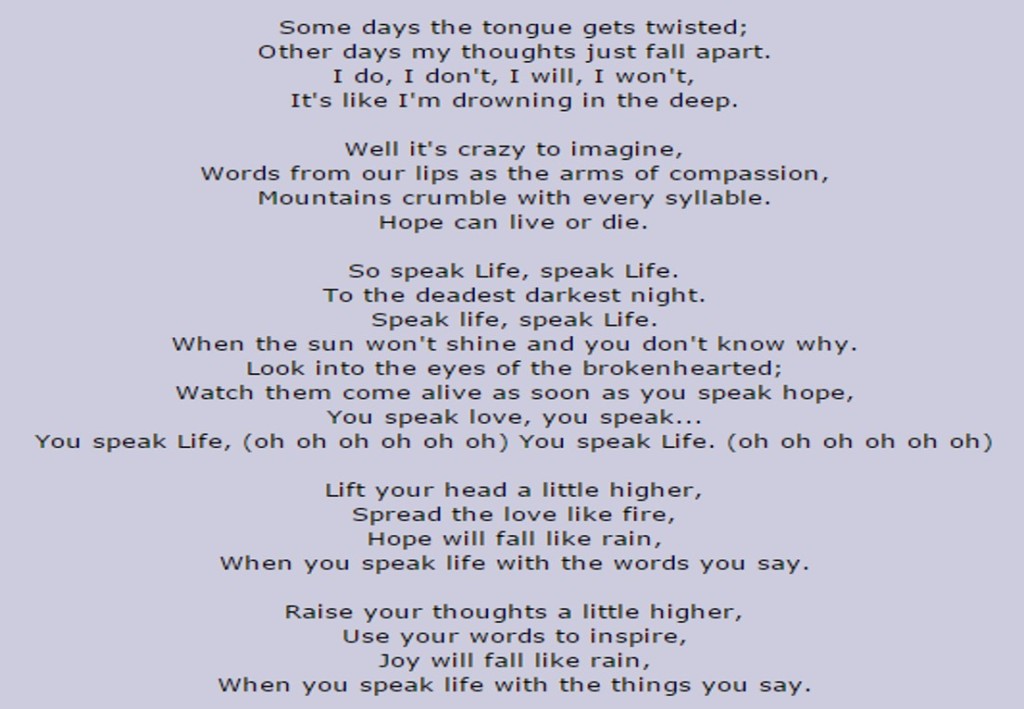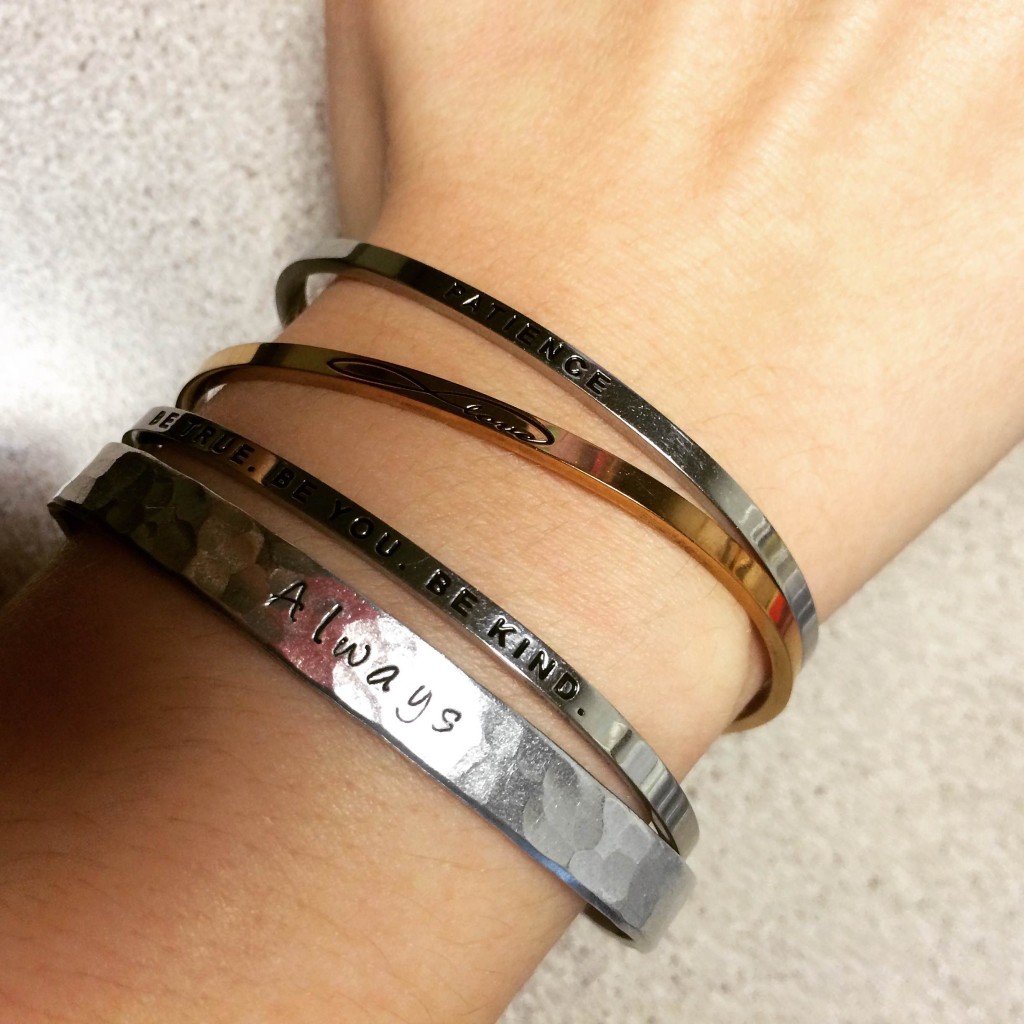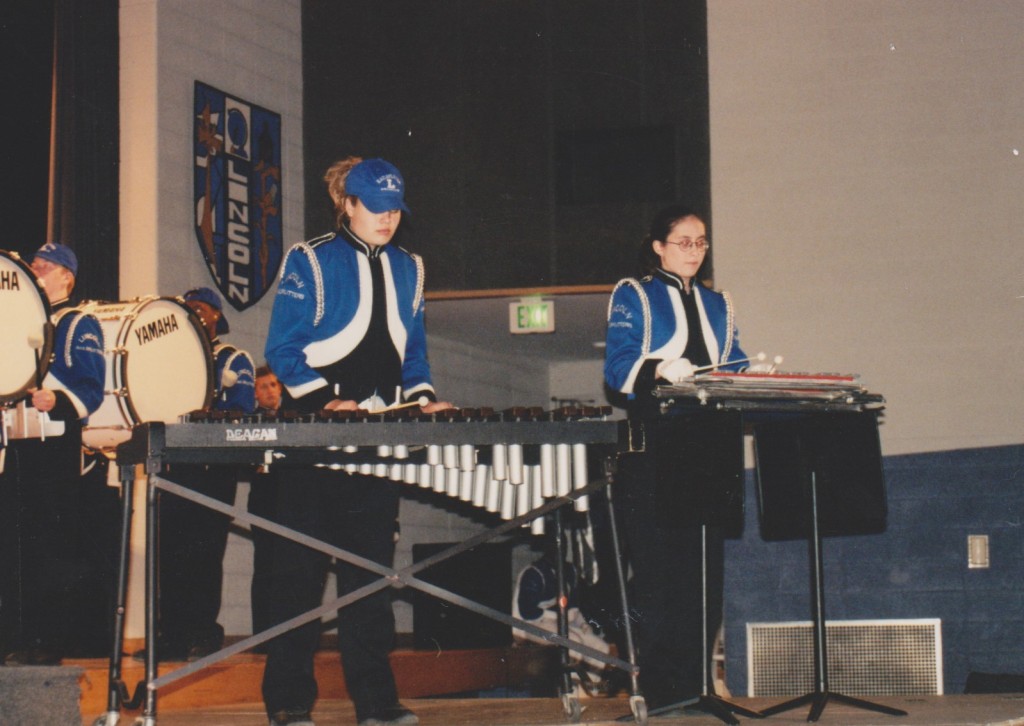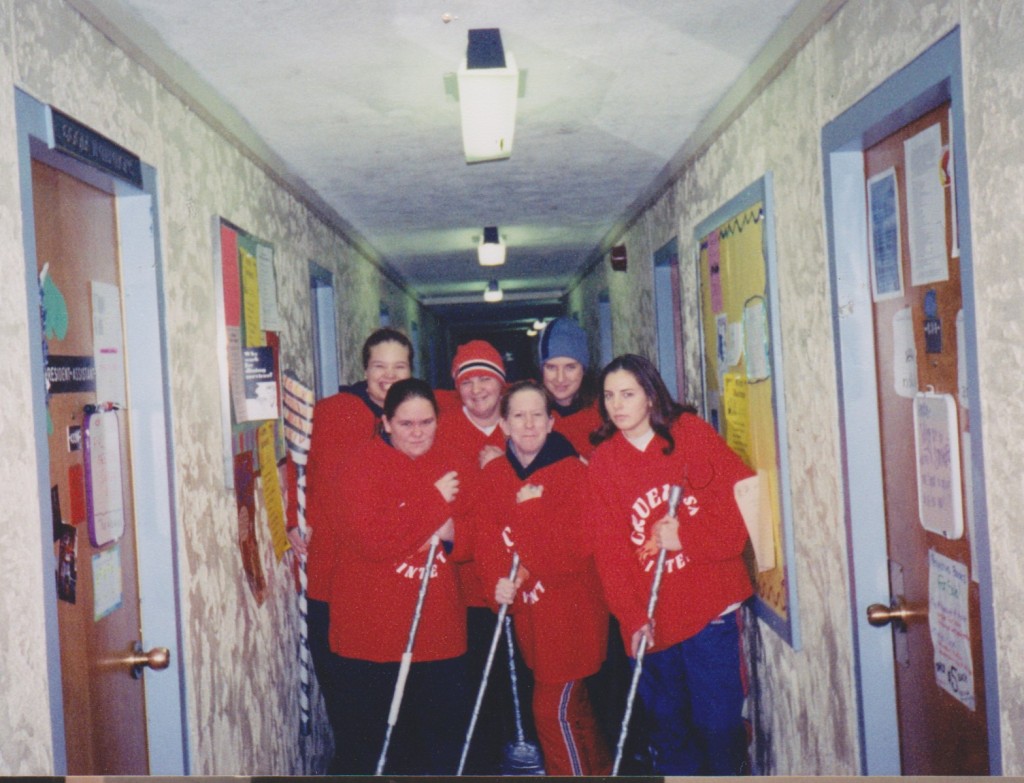I’m about write a review of a book narrated by Satan. Incidentally, Satan appears to have taken up residence in my THROAT for the time being. Moving down into my chest. Woe. Is. Me.
More importantly: woe is my husband who ended up sleeping in the spare room last night because I could not stop the coughing. Couldn’t stop. Satan!
But enough about viral-style satan… and on to the literary version.
Remember once upon a time when I told you about the 1,001 book challenge? It’s still happening just… differently. Not exactly as anticipated, but awesome nevertheless. It kind of morphed over time and I really enjoy the Between the Covers Facebook group it turned into because it gives me a place to talk about really interesting books with really interesting people that I might never have read or spoken to, respectively, in the absence of random internet-based connections.
Most recently, we read I, Lucifer by Glen Duncan. And wowza.
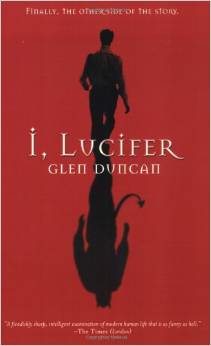
I hated it so much. So so so much. For almost the whole book. But only almost.
Because in the end, I loved it. And I’m so so so glad that I not only started it, but especially that I finished it. Because wow.
So, first, why I hated it.
Basically, it boils down to the fact that Satan, who narrates the vast majority of the book while inhabiting the body of mere mortal Declan Gunn, is an arrogant a-hole.
I know, it’s not terribly surprising– Satan as an a-hole. Yet for some reason, I expected Satan as the narrator to try to make himself at least somewhat likable. I mean, doesn’t everyone want people to like them, to want to listen? Even Satan?
Apparently not. And Satan the narrator was pompous and annoying and condescending and awful in every way. No better way to say it: an arrogant a-hole. I hated him so much… and I really had a hard time reading the musings of someone I hated so very much. For quite I while, I just wanted him to get to the dang point so it could be over.
However, as I endured, looking up big, fancy, literary words that I suspected were placed in the text largely to make me feel like an idiot, some intriguing themes started to jump out at me, to capture my attention, and to make me hate reading the book a little less…
The notion of not recognizing how painful a pain really is until you’ve left it.
Thoughts about the way our very human senses allow us to perceive the very human world we live in with just the slightest hint of something else… something beyond.
And then, most strikingly, most excitingly and beautifully, forgiveness.
Oh my gosh. The idea of forgiveness is what redeemed the book for me. Absolutely and completely. It was powerful enough for me to go from hate to love in mere pages and I’m generally not super good at changing my mind… so that’s something.
As I said, the premise of the book is that God offers Satan the opportunity to inhabit a mortal being for a month, as a trial run to the big redemptive offer of living out life as a human in exchange for reentry into heaven. Satan ends up inhabiting the body of a man named Declan Gunn following Declan’s suicide attempt (or success, perhaps?) and in Declan’s body, Satan uses his mortal fingers to type out a manuscript (amongst use of other body parts in rather Satan-ly ways). Satan as Declan is, as I said, a complete and total a-hole. Other a-holes love him. He has a following and friends and success. Everyone is awful. But unable to shake all of Declan’s humanity, Satan finds himself continually fixated on Declan’s former lover. The woman who broke Declan’s heart. Broke Declan himself. Shattered him. And just to spite Declan while he can, because he’s Satan, Satan decides to go do the very worst thing he can think of — forgive her. As Declan. And he does.
And then: FEELINGS.
SO MANY FEELINGS. So many feelings that all the drugs and all the alcohol could not make them go away. Feelings of every sort– good and bad and ugly and… human. Forgiveness, even in spite, came with soooooo many feeeeeelings. More than he could bare. More than he could understand. Or comprehend. Or allow. Too much.
After this powerful demonstration, Satan had the choice to go on living out Declan Gunn’s life to it’s natural end with the promise of that very same thing from God waiting on the other side — forgiveness, grace. Or, he could return to hell. And, believe it or not, from Satan’s perspective, I can see some advantages to hell… a freedom, if you will, that didn’t exist for him otherwise. I won’t spoil the end for you, but I would not have seen it coming. And just as a bit of icing on the cake, the former angel (now human, long story) Raphael took a turn narrating a bit of the book. And the tone was completely different, suggesting to me that the arrogance, the a-hole-ish-ness at the beginning was really just Glen Duncan’s way of portraying Satan, making him completely and wholly unlikable, and that’s just impressive.
Grace is something I really like thinking about. I talk about it all the time. But never like this. Never ever like this. It really was spectacular, this description. Coming from the most arrogant a-hole of all.
In this new format of what was the 1001 Book Challenge, we’re basically a disparate group of people from all over the country taking turns picking books, reading them, and then having a bitty little Facebook-based discussion, always with the option to participate or not. And dang, though this was not a book I would have chosen on my own, not in a million years, I sure am glad I got to read it… and I am very grateful to this little group for that! Highly recommend if you’re interested in something very different!
